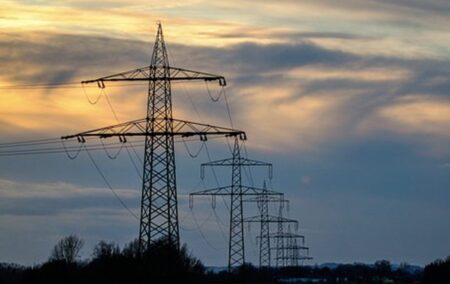Load shedding may worsen due to a delay in work at Koeberg Nuclear Power Station. Eskom and its French contractor Framatome are ‘engaged in a war with one other’ (sic).
Koeberg’s operating licence expires in mid-2024, and a project to replace the three steam developers in each of its two units must be completed before then.
The Unit 1 project’s completion date, currently out of service, has been moved from June to 1 November.
Unit 2 must be decommissioned on 7 November. Electricity Minister, Kgosientsho Ramokgopa, expects a further delay, resulting in doing without Koeberg’s full generating capacity of 1 840MW. This is equivalent to two extra stages of load shedding.
Eskom started planning to replace the units in 2010. In August 2014 the R5 billion contract for the work was awarded to French nuclear power firm Areva (now Framatome).
The casting of the plant’s six generators in France was disastrous. Eskom and Areva agreed that the generators (320 tons each) be flown to China to be fixed.
The generators were transported in six very expensive Russian Antanovs.
The Chinese found that the generators were unusable and new ones were produced at Areva’s expense.
The units’ delivery, scheduled for February 2018, didn’t begin until September 2020.
When Unit 2 was finally decommissioned in January 2022, Eskom’s preparations had been inadequate. A building to house the old generators in, after they were removed, was not completed. Framatome’s specialists had to leave without any work being done.
The postponement of the project means the unit won’t be ready to generate power next winter.
Ramokgopa is believed to be extremely concerned about the lack of openness regarding exactly what is happening at Koeberg. According to a source close to the minister, Eskom attempted to prevent him from speaking directly to Framatome.

